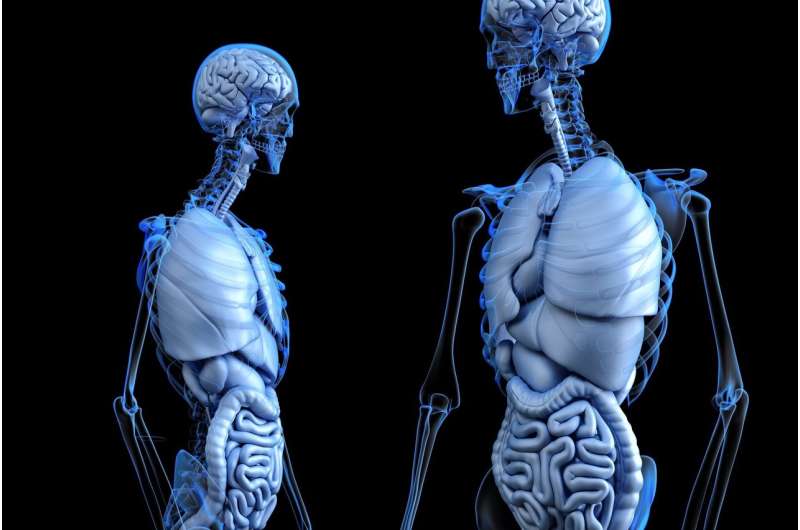T Cells in the Healthy Brain: Unveiling a Gut-Fat-Brain Connection

New studies reveal that T cells naturally reside in the healthy brain, originating from the gut and fat tissue, highlighting a novel gut-fat-brain axis that influences brain function and health.
Recent research from Yale School of Medicine has uncovered groundbreaking insights into the immune environment of the healthy brain. Traditionally, the brain was considered isolated from the immune system by the blood-brain barrier, with immune cells like microglia forming its primary defense. However, new findings reveal that T cells, a crucial type of immune cell, reside naturally within the brains of both mice and humans under normal, non-diseased conditions. These T cells originate from the gut and fat tissue, traveling through a previously unrecognized gut-fat-brain axis.
The study, published in Nature, shows that T cells are most densely found in the subfornical organ, an area involved in regulating thirst and hunger. This region features a slightly permeable blood-brain barrier, allowing immune cells to receive signals from the bloodstream. The presence of T cells in this area suggests they may play a role in normal physiological processes, such as signaling nutritional status and body needs.
Further analysis demonstrated that the types of T cells residing in the brain closely resemble those found in the gut and adipose tissue, not the typical immune cells found on the brain's surface. When the gut microbiome was altered in mice, T cell trafficking to the brain was affected, indicating that gut health directly influences immune cell presence in the brain. Germ-free mice, which lack microbiomes, did not have T cells in their brains, and removing these cells impacted behaviors related to feeding.
The researchers propose that these immune cells carry vital information from the gut about the body's internal state directly into the brain, bypassing traditional routes like blood-borne molecules or the vagus nerve. This discovery suggests that immune cells could act as messengers, conveying information about the microbiome and nutritional status, potentially affecting behavior and physiology.
Looking forward, scientists aim to understand how T cells are guided from the gut to the brain and how their presence influences neurological conditions like multiple sclerosis and Parkinson’s disease. This research opens new perspectives on the complex communication systems that maintain brain health and systemic homeostasis.
Stay Updated with Mia's Feed
Get the latest health & wellness insights delivered straight to your inbox.
Related Articles
2023 Report Shows 2,770 Cases of Arboviral Disease Across 48 States and D.C.
In 2023, nearly 2,800 arboviral disease cases were reported across most U.S. states, primarily caused by West Nile Virus, with serious health implications. Learn more about the latest CDC findings.
Alterations in Myelin Sheath Proteins Disrupt Nerve Signaling in Alzheimer's Disease
New research uncovers how changes in myelin sheath proteins disrupt nerve signaling in Alzheimer's disease, offering potential targets for future therapies.
New Insights into Cocaine Use Disorder and Potential Therapeutic Approaches
Researchers at Virginia Commonwealth University have identified a molecular mechanism in the brain that offers a new target for developing medications to treat cocaine use disorder, focusing on dopamine regulation and receptor interactions.
Study Highlights Differences Between Treadmill and Outdoor Running Using Wearable Technology
A recent study using wearable sensors reveals significant biomechanical differences between treadmill and outdoor running, offering insights into injury risk and prevention strategies.



